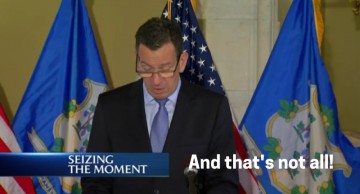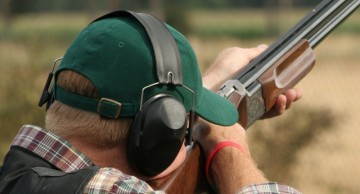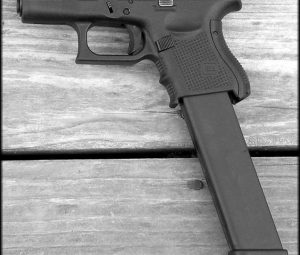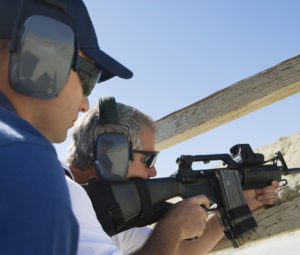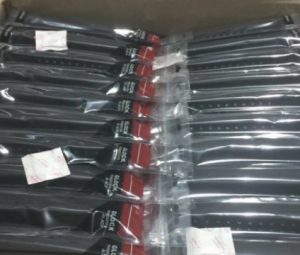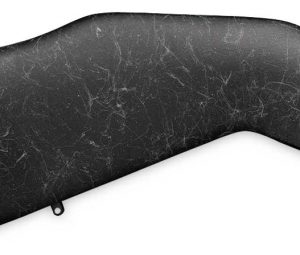46 Lawmakers Seek to Limit ATF’s Power
HR 2620 affects the ATF's authority
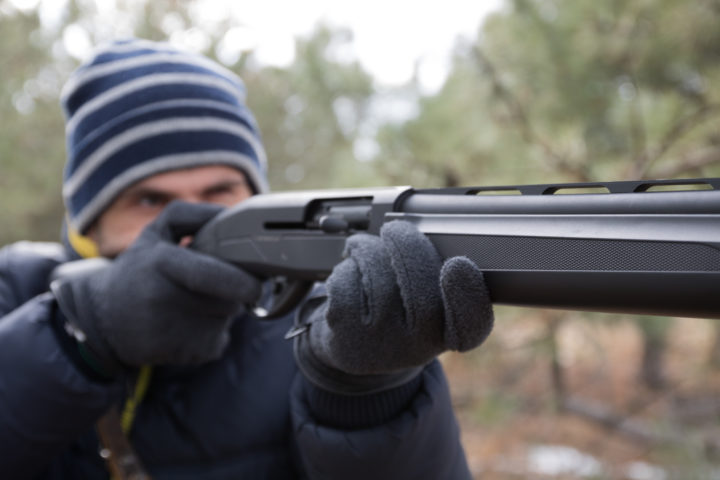
Forty six lawmakers have banded together to cosponsor HR 2620. The purpose of the bill is to “revise various laws that interfere with the right of the people to obtain and use firearms for all lawful purposes.”
No action has taken place on the bill yet, other than it being introduced and referred to the House Ways and Means committee. HR 2620 is called the “Lawful Purpose and Self Defense Act.” What it will try to do is stop the Bureau of Alcohol, Tobacco, Firearms and Explosive from being able to reclassify guns and ammunition by the act of reclassifying them.
“The Founding Fathers were clear when they drafted the Bill of Rights. The 2nd Amendment is about security and self-defense,” said bill sponsor, U.S. Rep. Rob Bishop, R-Utah, in a statement posted to his website. “Vagaries in today’s legal code pose a real threat to the right to keep and bear arms. The Obama Administration exploited this ambiguity to forward its agenda of restriction. It’s time to ensure no future Administration tramples on these freedoms guaranteed by our Constitution.”
The ATF could reclassify large caliber rifles and shotguns as “destructive devices” under the National Firearms Act. In some states, hunting rifles that are .50 caliber BMG have been banned. This would prevent this from happening in the future. It would also mean that the ATF could not reclassify ammunition as “armor piercing.” Again, in the past some changes like this have meant that certain types of ammunition were no longer available. Finally, any firearm that is compliant with the National Firearms Act could not have restrictions placed on its importation. As the ATF now stands, it can put import restrictions on some guns that are not classified as guns for “sporting” purposes.
Needless to say, all of the 46 lawmakers who have signed on as cosponsors are Republicans, which you can see here. The NRA supports HR 2620. The bill’s primary sponsor, Rep. Bishop, tried in 2015 with a similar measure. Despite having support for that measure, it didn’t get anywhere. We’re thankful that he’s trying again.



